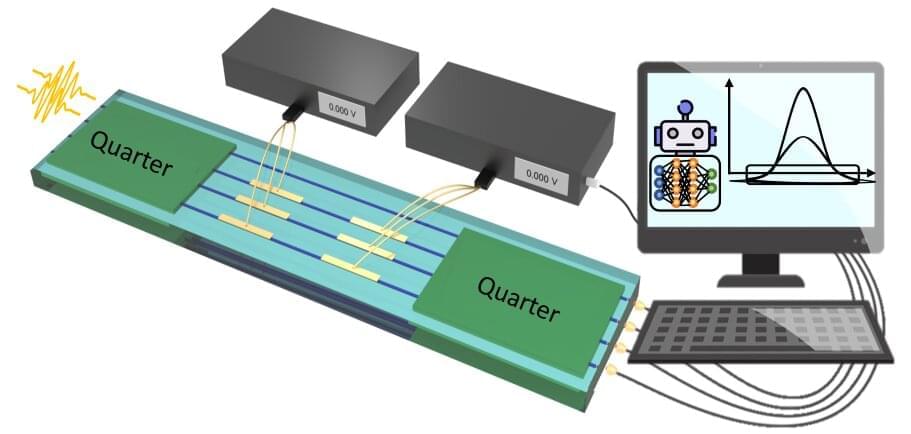Quantum sensing represents one of the most promising applications of quantum technologies, with the aim of using quantum resources to improve measurement sensitivity. In particular, sensing of optical phases is one of the most investigated problems, considered key to developing mass-produced technological devices.
Optimal usage of quantum sensors requires regular characterization and calibration. In general, such calibration is an extremely complex and resource-intensive task—especially when considering systems for estimating multiple parameters, due to the sheer volume of required measurements as well as the computational time needed to analyze those measurements. Machine-learning algorithms present a powerful tool to address that complexity. The discovery of suitable protocols for algorithm usage is vital for the development of sensors for precise quantum-enhanced measurements.
A particular type of machine-learning algorithm known as “reinforcement learning” (RL) relies on an intelligent agent guided by rewards: Depending on the rewards it receives, it learns to perform the right actions to achieve the desired optimization. The first experimental realizations using RL algorithms for the optimization of quantum problems have been reported only very recently. Most of them still rely on prior knowledge of the model describing the system. What is desirable is instead a completely model-free approach, which is possible when the agent’s reward does not depend on the explicit system model.









Comments are closed.